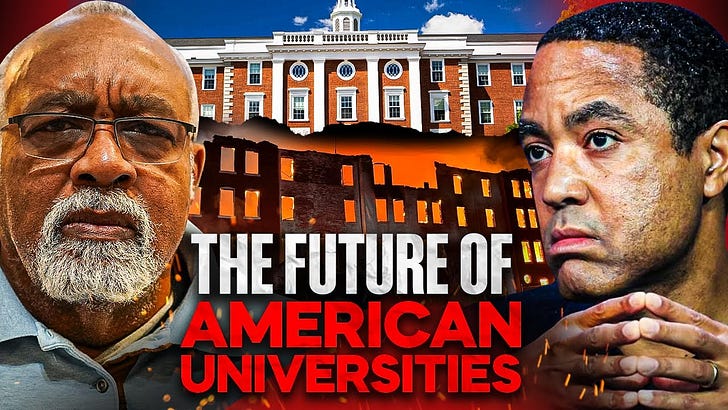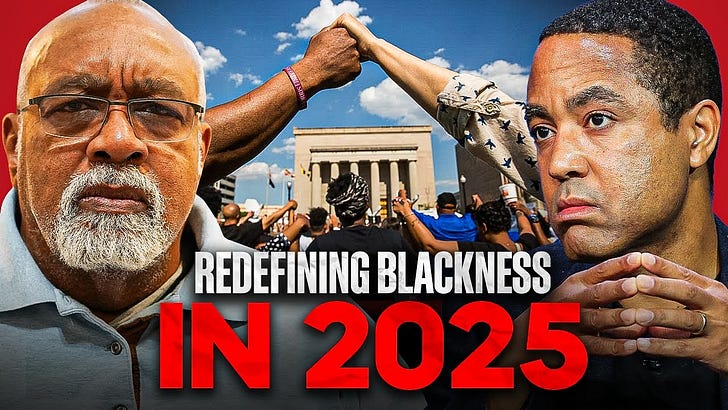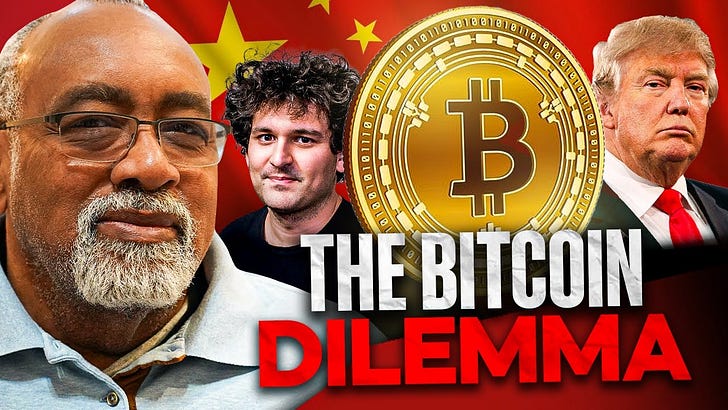Last week, John and I had an all-too-rare in-person conversation sponsored by the Watson Institute for International and Public Affairs here at Brown University. It was moderated by Watson Institute Interim Director Wendy Schiller, who focused her questions on higher ed. There’s an urgent tone to Wendy’s questions, because I think those of us who care about the university sense that we’re heading toward a true crisis, if we’re not in the midst of one already. Some of that crisis has to do with Trump’s threats to research funding, but some of it predates Trump by a long way. Contradictions within the university—between administration and researchers, donors and faculty, ideology and truth-seeking—are being stretched to the breaking point. Is it possible to relax the tension? Or is a radical break coming? Though not unanticipated, I think that the current assault by the government on elite higher education is mischievous in the extreme. Indeed, as I say here, “the barbarians are at the gates” and they have the “crown jewels of civilization” within their sights.
Wendy took us through some of most pressing and issues facing the university today: Trump’s threats to federal funding at elite schools, diversity of thought, the post-affirmative action world, and the effects of political polarization. Fundamental aspects of the university’s mission are now being reconsidered. Is there a future for tenure? Does the university have a role in public discourse? Is the public truly as indifferent or hostile to institutions of higher education as it seems? Even those of us who defend the university as invaluable loci of knowledge production and truth-seeking have to take all of these concerns seriously.
This post is free and available to the public. To receive early access to TGS episodes, an ad-free podcast feed, Q&As, and other exclusive content and benefits, click below.
0:00 Intro
00:31 Prefatory remarks
4:15 Glenn: The Trump administration’s defunding of the universities is mischievous in the extreme
9:06 Ground News ad
11:01 Doesn’t maintaining the preeminence of American universities require diversity of thought?
18:47 John McWhorter has entered the building
20:25 How did higher ed lose the general public’s support?
23:05 The university’s role in public discourse
26:26 Was affirmative action a success or a failure?
31:36 The partisan balance in education funding
42:21 The costs and benefits of tenure
50:09 Can education preserve democracy if students aren’t doing the reading?
1:01:59 Are we irrevocably polarized as a nation?
1:07:28 Q&A: You don’t seem as excited by Trump as you once were. What is disappointing you?
1:11:40 Q&A: If higher ed serves society, why do so many elite grads use their degrees to get rich?
1:16:01 Q&A: How do you teach diversity to students who’ve never spent time around people different from them?
1:19:15 Q&A: What’s the difference between contrarianism and provocation?
1:21:23 Q&A: Should fewer people go to college?
Recorded April 22, 2025
Links and Readings
Michael Sandel’s book, The Tyranny of Merit: What’s Become of the Common Good?
John Stuart Mill’s book, On Liberty
Alan Bloom’s book, The Closing of the American Mind: How Higher Education Has Failed Democracy and Impoverished the Souls of Today’s Students
John’s new book, Pronoun Trouble: The Story of Us in Seven Little Words
Glenn’s memoir, Late Admissions: Confessions of a Black Conservative
Fyodor Dostoevsky’s novel, Crime and Punishment
Dostoevsky’s novel, The Brothers Karamazov
Leo Tolsty’s novel, War and Peace
Tolstoy’s novel, Anna Karenina
Plato’s dialogue, The Republic














Share this post